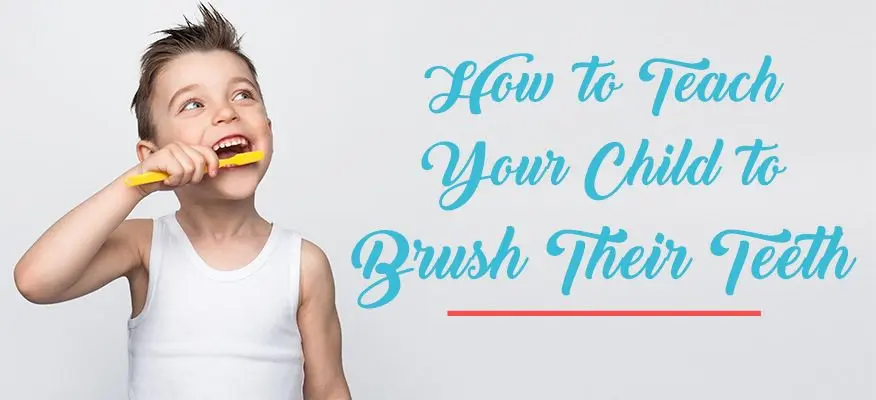It would be great if life only consisted of games, sweets and cartoons. But in the harsh reality you have to brush your teeth, wash your hands and eat porridge. How to deal with it? Expert Woman’s Day reports.
– Sunny, please take away the toys … Son, take away the toys … I told whom to take away ?! Half an hour has already passed, and everything is still lying around!
Sound familiar? No? And if instead of toys you substitute any tedious business? Making the bed, doing homework, dressing by yourself, brushing your teeth … Yeah, now familiar?
Any parent has probably come across such manifestations of “unwillingness”. And if you could still give up on cleaning, they say, if he grows up, he will learn, and unlearned lessons are fraught with a maximum of two, then you won’t leave your offspring with dirty teeth? Or with unwashed hands after a walk. Therefore, we must look for a way to accustom the child to tedious, everyday, but important matters. The earlier the better.
How? Oksana Merkulova, a neurologist-psychiatrist, told us about this.
So, let’s take a large sheet of paper and make a calendar of important things. Let’s write the days of the week horizontally. Vertically – the actual things that need to be done. For small children – two or three years old – there should be no more than three cases at a time; for older children, you can already enter five or six cases. It turns out the table “It is necessary”.
“Everything that you consider important can be here,” explains Oksana. – So you can teach a baby to a potty, to go to a nursery without tears, to sleep in your bed. Older children – to help parents around the house, exercise, reading. Schoolchildren – for independent study.
Then we begin to fill in this table. Completed the job – draw the sun in the appropriate column, failed – a cloud. Or a funny / sad emoticon. Or plus / minus. Who likes what more.
“This method is based solely on positive motivation,” warns Oksana Merkulova. – Therefore, it is impossible to “select”, that is, to cross out already issued emoticons.
By the way, for those who are not already sure of their own punctuality and may forget to build a calendar for the day, you can find ready-made similar motivation boards on the Internet. You will have to spend a little, of course, but such a nice device will create an aura of significance around the table.
In the evening before going to bed, it is imperative to discuss the past day, to understand what happened and what did not. Find out the reasons for the failure. We summarize the results of the week on Sunday. We agree on the incentive system in advance. For example, you had three cases in your spreadsheet. Only one thing has been completely fulfilled – some small reward. Completed all three – something more interesting.
– A situation may arise when a child in the middle of the week, seeing that something is not working out, can stand up and say: “Well, since it didn’t work out here, it means that there will be no reward anyway. Why try then, ”says Merkulova. – We get out of this situation as follows. We explain that the task will be considered completed if there are more positive results.
For example, on Wednesday and Thursday, the child did not make the bed, but on the other days he coped with it. It means that the case is counted.
A reasonable question: won’t we overpraise the child with rewards? The specialist is sure not.
– Gradually increase the motivation period, – explains Merkulova. – To receive encouragement, the assigned tasks will need to be completed for two weeks, three weeks, and so on. If we are talking about something global, fundamental and important, and the motivation must be strong.
What kind of this motivation will be, you decide, because who, if not you, know your child better than others. But it is not recommended to encourage children with money. As well as objects.
– Motivation with money for children of any age, in my opinion, is wrong. In addition, I do not think that preschoolers need to be motivated by purchases, so that the “made-and-received” position is not consolidated. It is better to offer them something emotionally interesting: going to the cinema, circus, zoo. Or extra time for watching cartoons, games. It all depends on interests.










